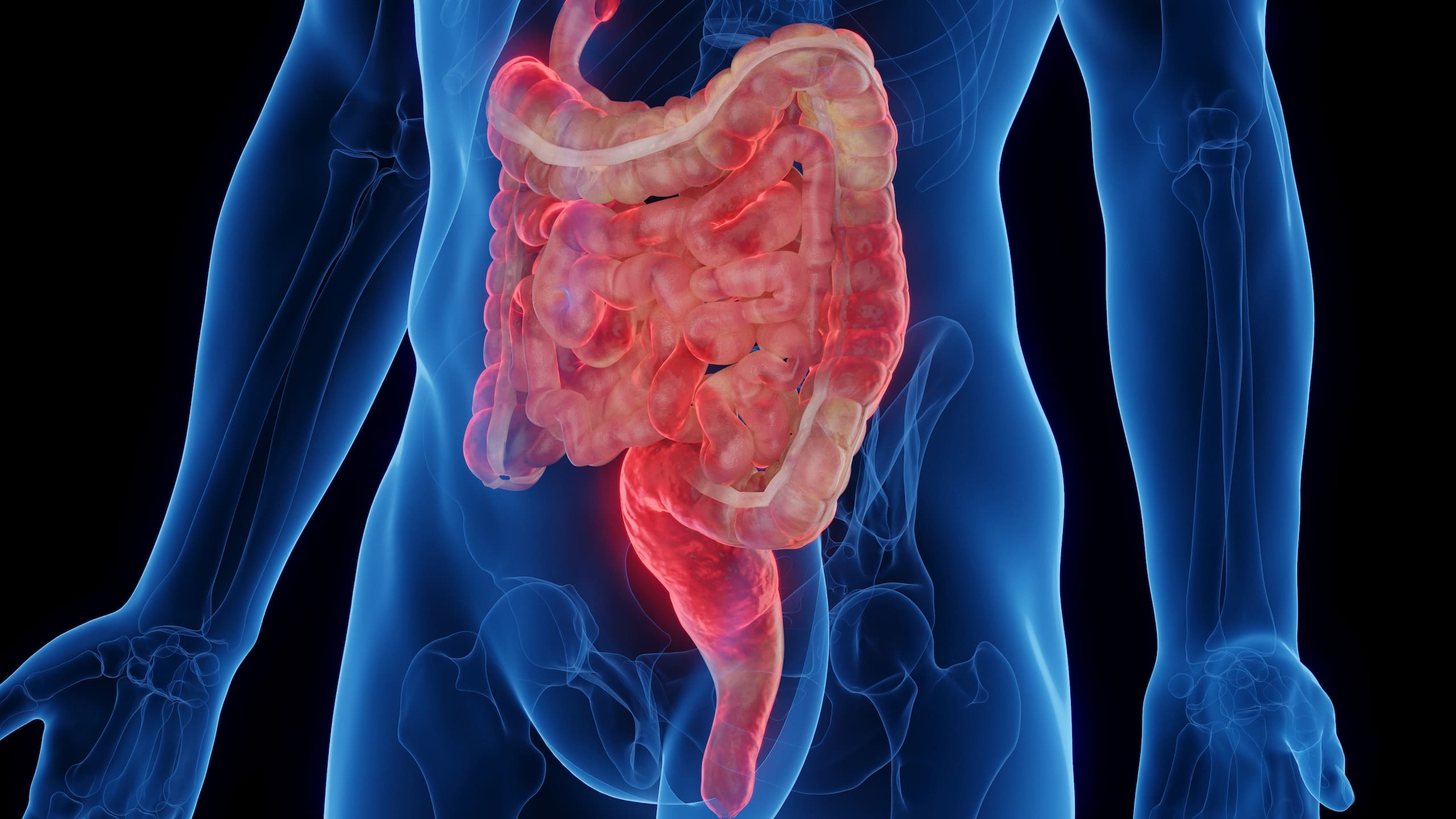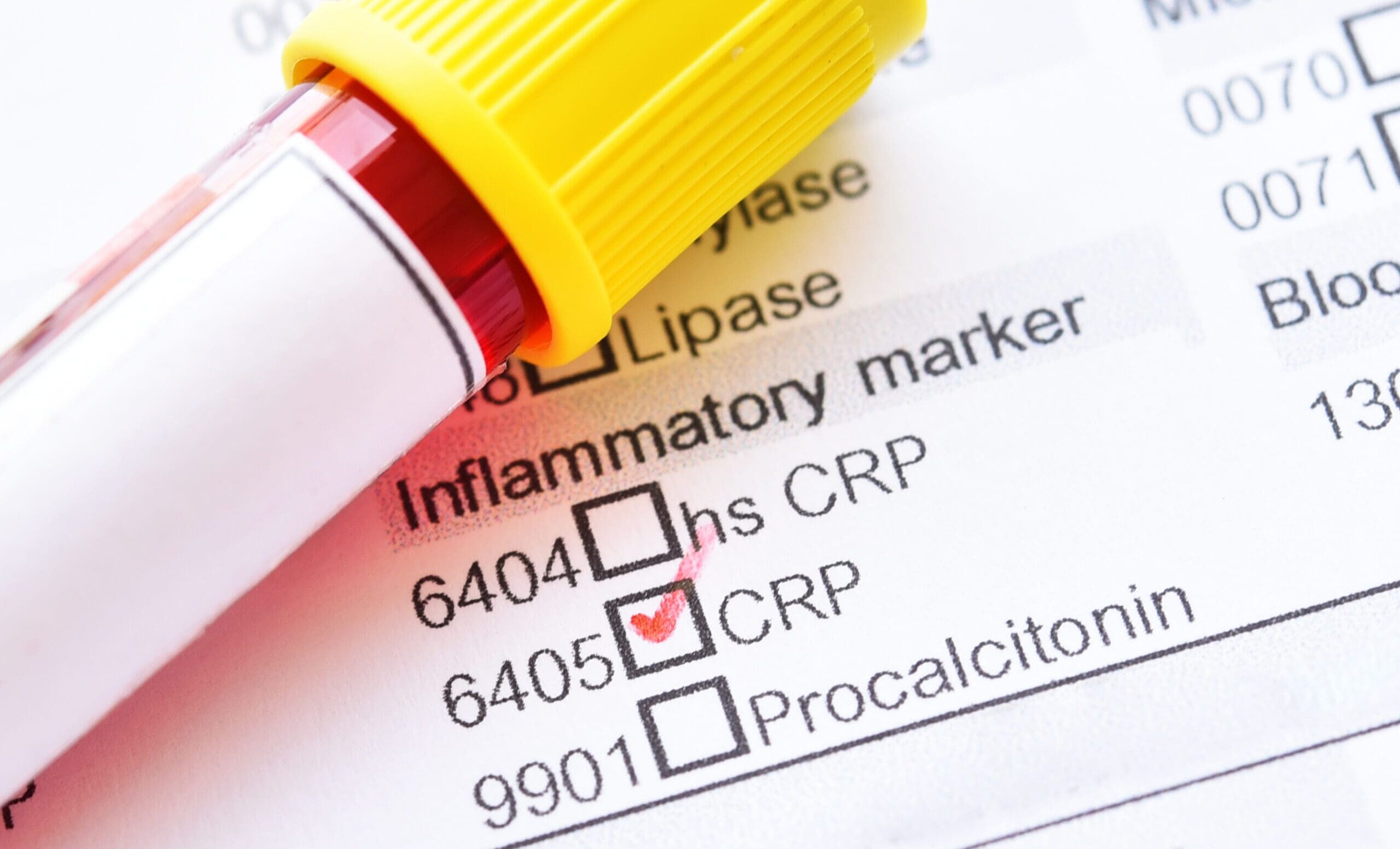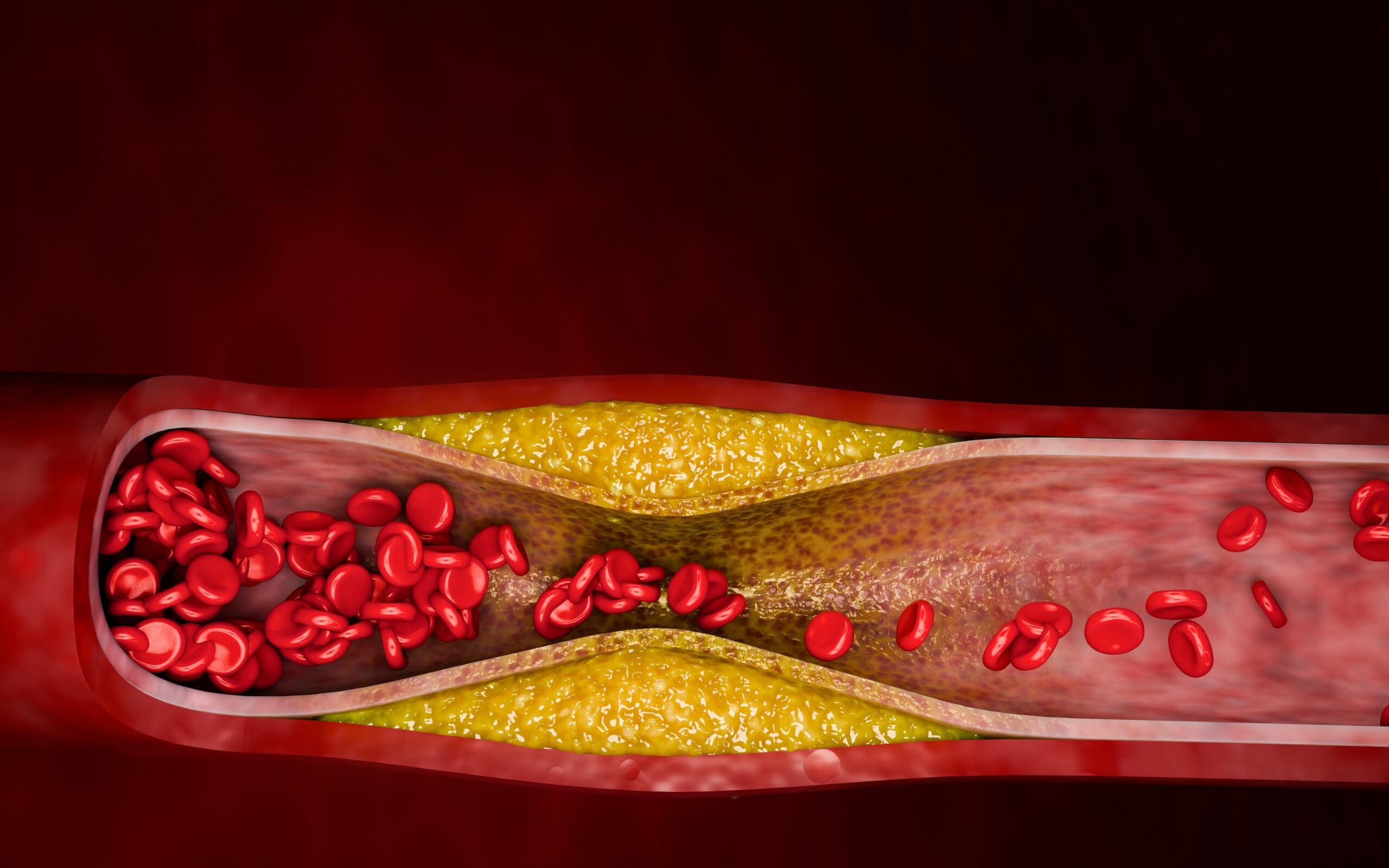Coeliac disease may be a hidden cause of reflux
By naturopath Margaret Jasinska
Most people think of the small intestine when they consider coeliac disease. Did you know that reflux and heartburn can be caused by coeliac disease? The condition of the small intestine is intimately linked with the health of the entire gastrointestinal system.
Reflux and heartburn occur when stomach acid enters into the oesophagus from the stomach, causing a burning sensation and other unpleasant symptoms.
In a 2011 study, researchers discovered that 30 percent of people with coeliac disease had significant gastroesophageal reflux symptoms, compared with less than 5.7 percent of people without coeliac disease. Individuals with subtle and mild coeliac disease symptoms had higher rates of reflux than the control group.
A 2023 literature review found that people with coeliac disease often experienced mouth ulcers, dry mouth, tooth problems and tongue issues more frequently than non coeliacs. Other research found that coeliacs who consumed gluten were over 10 times more likely to suffer with reflux than coeliacs who stick to a gluten free diet.
How can coeliac disease contribute to reflux and heartburn?
Inflammatory damage to the small intestine can impair the digestive tract’s mobility and raise the risk of reflux.
People with coeliac disease have alterations in their healthy gut microbiome. They are more likely to have higher numbers of bad gut bugs that promote fermentation in the gut. Fermentation leads to gas production. Gas can travel upwards into the stomach, forcing its contents into the oesophagus.
The autoimmune response that affects the cells of the small intestine may also affect the cells of the oesophagus. If there is a leaky gut, there is usually a leaky oesophagus too.
Coeliac disease can disrupt normal digestive functions. Insufficient stomach acid production can impair function of the sphincter between the stomach and oesophagus.
For some individuals, reflux and heartburn may be the first presenting symptoms that lead to the diagnosis of coeliac disease. It’s important to see your doctor about all medical symptoms you may have and not self diagnose.
Natural remedies to relieve reflux and heartburn
- If you are overweight, this can place pressure on your digestive organs. Try to lose weight with a low carbohydrate diet. There are many helpful solutions in the book I Can’t Lose Weight and I Don’t Know How.
- Glutamine is incredibly soothing to the lining of the oesophagus, stomach and intestines. Taking a glutamine supplement between or after meals can help to manage reflux and heartburn. The Dr Cabot Ultimate Gut Health powder is high in glutamine, with added benefits of slippery elm, pectin, chia and the probiotic Saccharomyces boulardii. Alternatively, pure glutamine powder can be taken on its own, between meals and after meals, to manage reflux symptoms.
- Avoid excessively large meals, especially in the evening.
- Try not to drink too much fluid with meals.
- Avoid or minimise coffee, alcohol, cigarettes and any foods that aggravate your digestive system. Some people may need to also avoid spicy foods and high FODMAP foods like garlic and onion.
- The majority of people with reflux have a food intolerance which is behind their symptoms. Common culprits include cow’s milk, gluten and other grains, soybeans or eggs. A dairy free and grain free diet helps the majority of reflux sufferers.
- Try to avoid eating while stressed, or rushing your meals. Taking some apple cider vinegar diluted in warm water before meals can encourage adequate stomach acid production.
- If there is an overgrowth of the wrong microbes in the small intestine, the essential oils of clove, oregano and thyme can have a natural antimicrobial effect.
Reference: https://www.medicalnewstoday.com/articles/celiac-disease-and-gerd









Hi,
I have recently had my ovaries and tubes removed due to my CA 125 level being at 65. My tubes and ovaries were found to be healthy, and a small fibroid was scaped from my uterus.
Would having a gluten intolerance raise CA125 levels given that it causes inflamation?
Hi Liane,
Probably not.
CA 125 can be elevated for non cancerous reasons, including ovarian cysts and uterine fibroids.
Best wishes
Margaret Jasinska ND
Naturopath for Dr Sandra Cabot